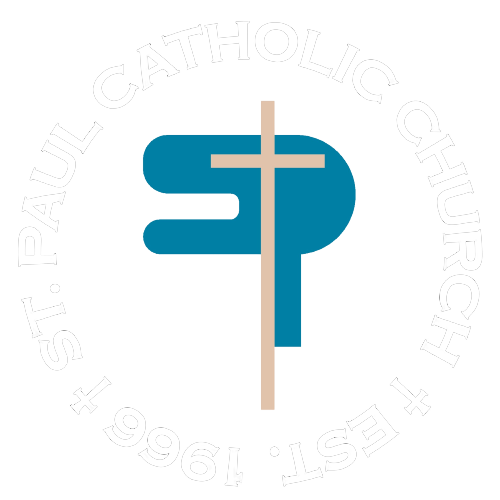“He summoned the Twelve and began to send them out two by two…They anointed with oil many who were sick and cured them.”
(Mark 6:7, 13)
The Anointing of the Sick is offered by request.
Please contact the Parish Office at (813) 961-3023 or speak to a priest after a Mass.
The anointing of the sick is intended for those whose life is in danger as a result of illness or old age. This sacrament includes what we once referred to as the “last rites”. However, this sacrament is not a sacrament only for those who are at the point of death. Instead, it should be administered as soon as someone is in danger of death from sickness or old age. Among those who would normally be anointed are: those undergoing surgery whenever a serious illness is the reason for the procedure; elderly people who have become noticeably weakened, and sick children seven years of age and older. The anointing of the sick may be repeated whenever the sick person falls into a serious sickness after convalescence or whenever a more serious health crisis develops during the same sickness. The Sacrament of the Anointing of the Sick gives strength and support and can be administered to anyone struggling with an illness.
It is a serious mistake to wait too long, such as until the advanced stages of a disease, to anoint a sick person. The fitting time for anointing is when the sick person begins to be in danger. In this way, one of our priests can be present when the time of need arrives. In the event of an emergency, ask for a Catholic priest at the hospital. The parish nearest the hospital usually has a priest call to respond to an emergency.

Who may Receive?
In the Catholic Church, Extreme Unction or the Last Rites is the anointing at the time of death. Since the Second Vatican Council, this sacrament is now called the Anointing of the Sick and has been broadened to offer healing and comfort in times of illness that may not lead to immediate death. Speaking about a wider implementation of this sacrament, Pope Paul VI advocated for “a wider availability of the sacrament and to extend it—within reasonable limits—even beyond cases of mortal illness.”
Unlike the traditional understanding of the Last Rites, the sacrament of the Anointing of the Sick is, ideally, to be administered in a communal celebration.
The Catechism of the Catholic Church states that when the sick are anointed they should be “assisted by their pastor and the whole ecclesial community, which is invited to surround the sick in a special way through their prayers and fraternal attention” (1516). “Like all the sacraments the Anointing of the Sick is a liturgical and communal celebration…It is very fitting to celebrate it within the Eucharist” (1517).
Spiritual Healing
The healing that occurs in this sacrament of anointing is not necessarily physical healing. While we believe that physical healing can occur through the great power of God, the grace that is infused through this special sacrament is the reminder of the eternal presence of God in our human suffering.
When the priest blesses the oil of anointing, he asks God to “send the power of your Holy Spirit, the Consoler, into this precious oil. Make this oil a remedy for all who are anointed with it; heal them in body, in soul, and in spirit, and deliver them from every affliction” (Pastoral Care of the Sick, #123).
“The celebration of the Anointing of the Sick consists essentially in the anointing of the forehead and hands of the sick person (in the Roman Rite) or of other parts of the body (in the Eastern rite), the anointing being accompanied by the liturgical prayer of the celebrant asking for the special grace of this sacrament” (CCC 1531).

